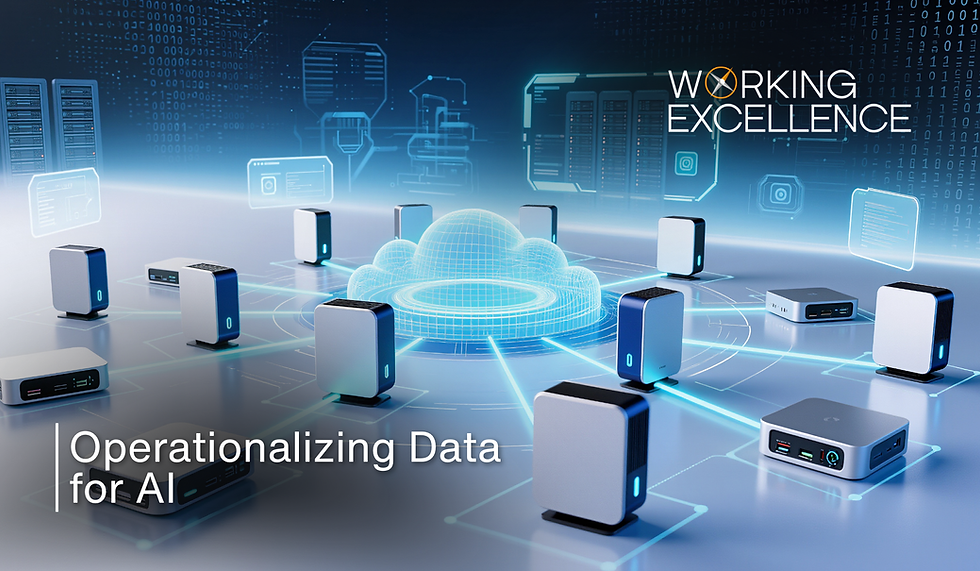The Economic Impact of Generative AI on Jobs and Creators
- Jerry Garcia

- Dec 4, 2024
- 2 min read
The rise of generative AI technologies is reshaping the job landscape and threatening the livelihoods of creators across various sectors. A recent global study highlights the potential economic risks posed by AI, particularly in the music and audiovisual industries, where human creators may face significant revenue losses by 2028.
Key Takeaways
Projected Revenue Losses: Creators in music and audiovisual sectors could see revenue losses of 24% and 21%, respectively, by 2028.
Market Growth: The market for generative AI music and audiovisual content is expected to surge from €3 billion to €64 billion in the same timeframe.
AI Provider Revenues: Revenues for generative AI services in these sectors are projected to rise from €0.3 billion to €9 billion by 2028.
Generative AI's Impact on Employment
The introduction of generative AI tools, such as ChatGPT, has already begun to affect job markets. Research indicates a notable decline in freelance job postings for writing and coding, with a decrease of about 20% from July 2021 to July 2023. This trend is occurring at a faster pace than previous technological disruptions, raising concerns about job security across various fields.
The Shift in Job Dynamics
Increased Competition: The average number of applications per job in writing and coding has risen by 9%, indicating heightened competition for remaining positions.
Changing Job Content: While some jobs are being replaced, new roles requiring AI expertise are emerging, suggesting a shift in the skills needed in the workforce.
Economic Disparities for Creators
The study commissioned by the International Confederation of Societies of Authors and Composers (CISAC) reveals that while generative AI companies are set to profit immensely, human creators are at risk of losing substantial income. The projected cumulative loss for creators over five years is estimated at €22 billion, with significant impacts on various roles:
Music Sector: Streaming platforms may see generative AI music account for 20% of their revenues by 2028.
Audiovisual Sector: Translators and adaptors for dubbing and subtitling could face a staggering 56% revenue loss.
The Need for Regulatory Action
Industry leaders emphasize the urgent need for policymakers to implement regulations that protect creators' rights. Without proper oversight, creators may suffer from unauthorized use of their works and face competition from AI-generated content. Key figures in the industry advocate for:
Transparency: Ensuring that creators can demand transparency from AI services.
Fair Remuneration: Establishing remuneration schemes that recognize the value of creators' contributions.
Conclusion
As generative AI continues to evolve, its impact on jobs and the economy will be profound. While it presents opportunities for innovation, it also poses significant challenges for human creators. The future of the creative sector hinges on the choices made by policymakers and the industry's ability to adapt to this new landscape. Ensuring that human creativity remains at the forefront of the AI revolution is essential for a balanced and equitable future.
Sources
Global economic study shows human creators’ future at risk from generative AI | CISAC, CISAC.
Generative AI is impacting jobs across sectors, report finds - Marketplace, Marketplace.org.
Global economic study shows human creators' future at risk from generative AI, PR Newswire.



